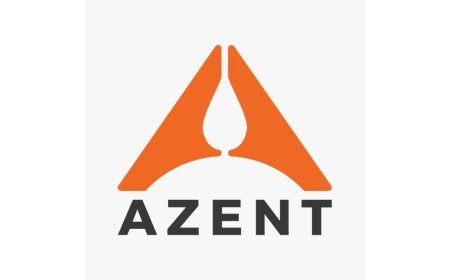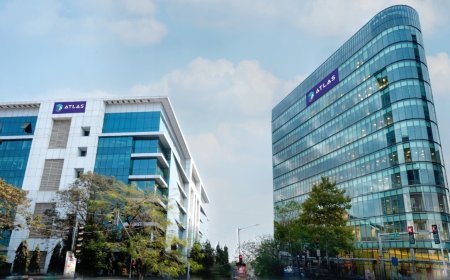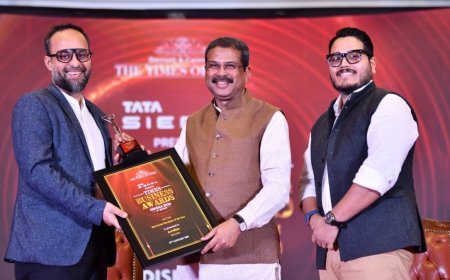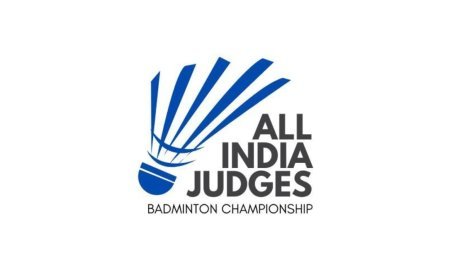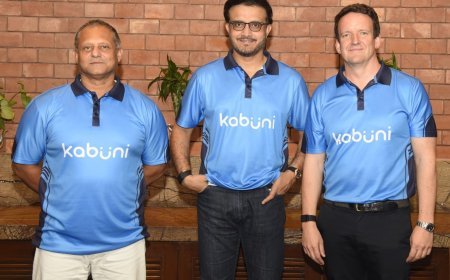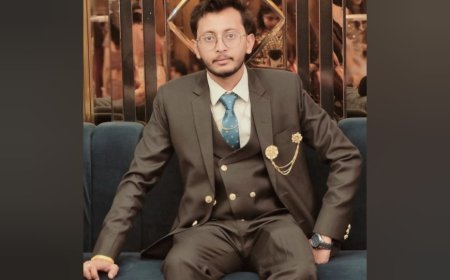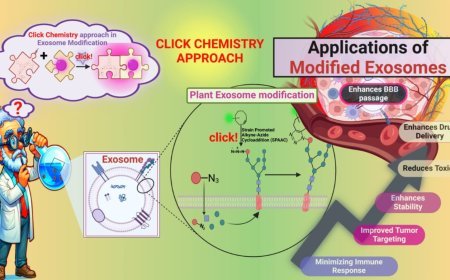Laser Technology: A New Frontier in Treating Oral Cancer and Precancerous Lesions in India
Dr. Akshat Malik, a distinguished Head and Neck Cancer Onco-Surgeon with advanced training from centers like the Tata Memorial Centre and Imperial College London, is a key proponent of Trans-Oral Laser Surgery in oral cancer management. This minimally invasive technique offers patients a precise method for excising tumors and precancerous lesions like leukoplakia and erythroplakia from the oral cavity and larynx. The principal advantage of laser surgery, in selected cases, is its precision, which minimizes damage to adjacent healthy tissue and often results in better functional outcomes—preserving crucial functions like speaking and swallowing. Dr. Malik’s expertise in this specialized field, including robotic and minimal access surgery, represents a commitment to providing advanced, ethical, and function-preserving cancer care, offering new hope to oral cancer patients. Lasers in the Treatment of Oral Cancer and Precancerous Lesions In recent years, laser technology has emerged as a useful tool in the management of cancers and precancerous lesions of the mouth. Oral cancers remain a major health challenge in India, often linked to tobacco and betel nut use. Detecting and treating these conditions early can save lives, and in selected cases, lasers can play an important role. When are lasers used?Lasers are most often applied in treating oral precancerous lesions such as leukoplakia (white patches), erythroplakia (red patches), or oral submucous fibrosis. In some cases of early-stage oral cancers, especially small and well-localized tumors, laser surgery can be used as a treatment option. The focused energy of the laser allows the surgeon to remove or vaporize (in select cases)the diseased tissue with precision. It is important to understand that principles of cancer surgery need to be followed in all cases and that a laser is just a tool to make an incision/cut. What are the advantages? Precision: Lasers allow highly targeted removal of diseased tissue while preserving surrounding healthy structures. Minimal bleeding: The laser simultaneously cuts and seals small blood vessels, reducing blood loss. Faster healing: Patients often experience less swelling, less postoperative discomfort, and a quicker recovery. Better visibility during surgery: Because lasers reduce bleeding, the surgeon can work with a clearer field. Are lasers suitable for everyone?It is important to note that not all oral cancers or lesions can be treated with lasers. Advanced cancers, larger tumors, or those invading deeper tissues usually require conventional surgery, often combined with radiation or chemotherapy. Lasers are not a “one-size-fits-all” solution, but rather a valuable addition to the surgeon’s toolkit. The role of the specialistThe decision to use a laser must be made after careful evaluation. A head and neck oncosurgeon is best placed to assess whether a patient is suitable for laser treatment. Factors such as the size, site, stage, and biology of the lesion, as well as the patient’s overall health, all influence the choice of treatment. The bottom lineLasers offer precision, comfort, and faster recovery in selected oral cancer and precancerous cases. However, they are not appropriate for every patient. Consultation with a qualified head and neck cancer surgeon ensures the right treatment is chosen, giving patients the best chance for cure and quality of life. To know more on laser treatment call on +91 9810772629 or visit www.headnecksurgeon.in
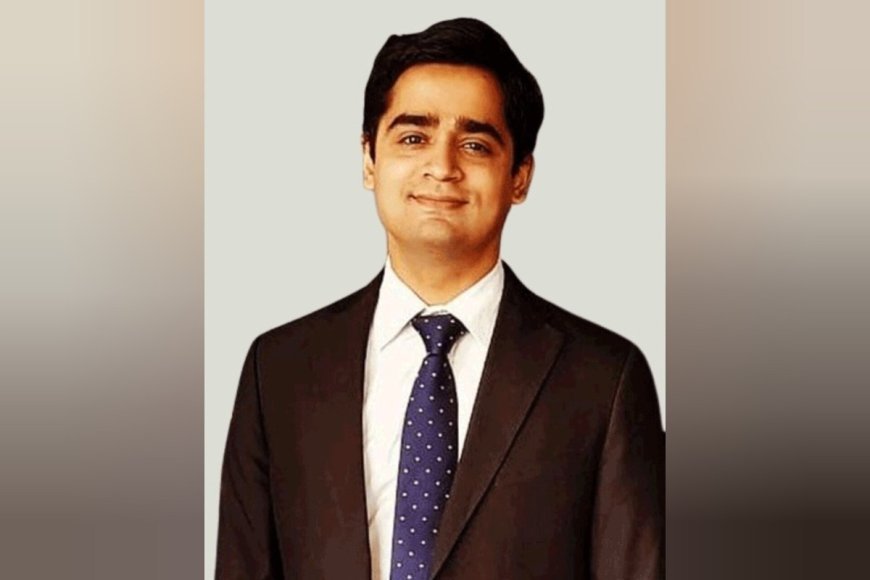
Dr. Akshat Malik, a distinguished Head and Neck Cancer Onco-Surgeon with advanced training from centers like the Tata Memorial Centre and Imperial College London, is a key proponent of Trans-Oral Laser Surgery in oral cancer management.
This minimally invasive technique offers patients a precise method for excising tumors and precancerous lesions like leukoplakia and erythroplakia from the oral cavity and larynx. The principal advantage of laser surgery, in selected cases, is its precision, which minimizes damage to adjacent healthy tissue and often results in better functional outcomes—preserving crucial functions like speaking and swallowing. Dr. Malik’s expertise in this specialized field, including robotic and minimal access surgery, represents a commitment to providing advanced, ethical, and function-preserving cancer care, offering new hope to oral cancer patients.
Lasers in the Treatment of Oral Cancer and Precancerous Lesions
In recent years, laser technology has emerged as a useful tool in the management of cancers and precancerous lesions of the mouth. Oral cancers remain a major health challenge in India, often linked to tobacco and betel nut use. Detecting and treating these conditions early can save lives, and in selected cases, lasers can play an important role.
When are lasers used?
Lasers are most often applied in treating oral precancerous lesions such as leukoplakia (white patches), erythroplakia (red patches), or oral submucous fibrosis. In some cases of early-stage oral cancers, especially small and well-localized tumors, laser surgery can be used as a treatment option. The focused energy of the laser allows the surgeon to remove or vaporize (in select cases)the diseased tissue with precision.
It is important to understand that principles of cancer surgery need to be followed in all cases and that a laser is just a tool to make an incision/cut.
What are the advantages?
-
Precision: Lasers allow highly targeted removal of diseased tissue while preserving surrounding healthy structures.
-
Minimal bleeding: The laser simultaneously cuts and seals small blood vessels, reducing blood loss.
-
Faster healing: Patients often experience less swelling, less postoperative discomfort, and a quicker recovery.
-
Better visibility during surgery: Because lasers reduce bleeding, the surgeon can work with a clearer field.
Are lasers suitable for everyone?
It is important to note that not all oral cancers or lesions can be treated with lasers. Advanced cancers, larger tumors, or those invading deeper tissues usually require conventional surgery, often combined with radiation or chemotherapy. Lasers are not a “one-size-fits-all” solution, but rather a valuable addition to the surgeon’s toolkit.
The role of the specialist
The decision to use a laser must be made after careful evaluation. A head and neck oncosurgeon is best placed to assess whether a patient is suitable for laser treatment. Factors such as the size, site, stage, and biology of the lesion, as well as the patient’s overall health, all influence the choice of treatment.
The bottom line
Lasers offer precision, comfort, and faster recovery in selected oral cancer and precancerous cases. However, they are not appropriate for every patient. Consultation with a qualified head and neck cancer surgeon ensures the right treatment is chosen, giving patients the best chance for cure and quality of life.
To know more on laser treatment call on +91 9810772629 or visit www.headnecksurgeon.in
What's Your Reaction?










